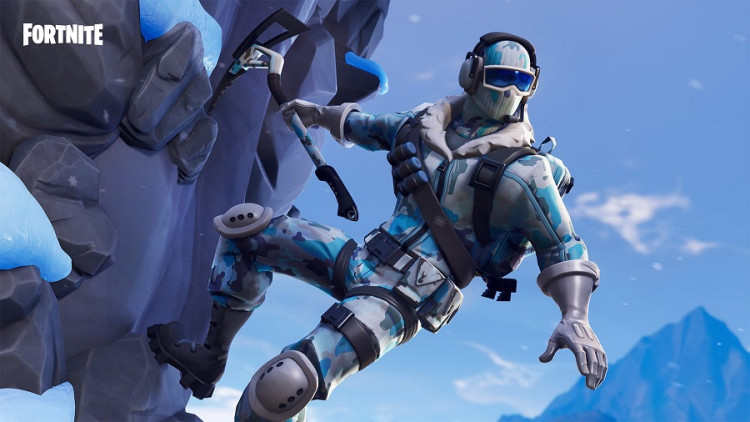"Fortnite's" popularity as the premier free-to-play battle royale game puts it at the top of the charts in video game popularity, but it seems Epic Games' current darling is running into issues with its in-game content. With some of its in-game content taking cues from popular culture, "Fornite" has run into an unusual situation.
According to PC Gamer, Donald Faison - who plays Dr. Chris Turk on the sitcom "Scrubs" - has expressed concern over "Fortnite's" use of the "Poison" dance which he popularized on the television show. In a "Scrubs" cast reunion interview at The Vulture Festival 2018, Faison was asked to perform his "Poison" dance on stage. Faison responded by angrily pointing out that "Fornite" was already using his signature dance move and that fans should play the game instead if they want to see a performance of the "Poison" dance.
But Donald Faison is not the first artist to have issues with "Fortnite's" use of an attributable dance move. American rapper 2 Milly was recently interviewed by CBS about his reaction to the presence of his signature dance move from "Milly Rock" being included as one of "Fortnite's" emotes. The emote is currently named "Swipe It" in-game and was available for purchase by gamers during "Fortnite" season 5 at a value of $5.
According to the publication, 2 Milly is not happy about the monetization that "Fortnite's" in-game store is doing to his signature dance move. The rapper believes that he should be duly compensated for a signature dance move associated with his music that "Fortnite" is currently profiting from.
Because of this, 2 Milly is considering legal action against the "Fortnite" team. When asked about what his intended goals are for pursuing legal action, 2 Milly points out that he simply wants to protect what he feels he has ownership over.
2 Milly's concerns about "Fortnite's" usage of his signature dance move has already been echoed by more high-profile artists in the past. Chancelor Bennett - more commonly known as Chance the Rapper - already highlighted "Fortnite" and Epic Games' practice of using signature dance moves from artists without permission.
Fortnite should put the actual rap songs behind the dances that make so much money as Emotes. Black creatives created and popularized these dances but never monetized them. Imagine the money people are spending on these Emotes being shared with the artists that made them — Chance The Rapper (@chancetherapper) July 13, 2018
In a Twitter post by Bennett, the musician talked about how "Fortnite" developers should consider acquiring the rights to the songs associated with the dance moves they have included in their games. Bennett points out that "Fortnite" profiting over dance moves created and popularized by black artists does not give credit to the original creators of the dances.
While Bennet, 2 Milly, and David Faison's indignation at "Fortnite's" usage of dance moves that creatives such as themselves have popularized may come from an artist's perspective, there may be legal hurdles to actually pursuing ownership over the dance moves. As business and entertainment lawyer Merlyne Jean-Louis points out, while music, lyrics, and associated sounds have a solid history of arguments for ownership, legal precedence for ownership of choreographic works are not as fleshed out.






